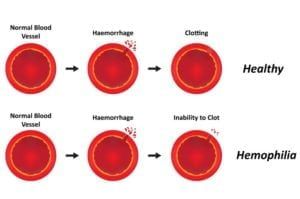Music is a foundation of cultures around the world, and it is as varied as the people within them. However, music’s benefits extend beyond entertainment alone. Music therapy is a way for people to use music as a means of inducing physical and mental health benefits. It is often used in addition to traditional medical treatments – especially for the purpose of improving quality of the life. Though music therapy itself does not heal, it can provide secondary benefits that facilitate wellness and healing. For example, music can be used to improve sleep, lower blood pressure, and minimize stress and anxiety.
Did you know…
that music therapy is believed to work via one’s emotional and mental awareness and responsiveness to musical interventions? According to the American Music Therapy Association, some patients can even learn to manage pain under the guidance of a musical therapist. Pain relief and physiological changes associated with music are possible when patients respond with less stress and greater relaxation. This results in less muscle tension, lower blood pressure, and better breathing patterns.
Frequently Asked Questions
Could I benefit from music therapy?
You may be able to benefit from music therapy if you are bothered by any type of mental and physical health problem. Music therapy is entirely safe and physically non-invasive, and sessions can be specifically tailored to meet your needs. And while music therapy may not be able to ‘cure’ you, it is possible that you could achieve a greater quality of life engaging in it.
What should I expect during music therapy?
Music therapy is usually administered by a music therapist in your home, or in a treatment facility. Depending on your goals for treatment and preferences, your therapist may ask you to listen to music, make music, or even write your own song. But even if you have no prior musical experience, you can still reap the benefit of music therapy.
Is there anything else I should know about music therapy?
Most people can begin music therapy without the approval of a health care provider. However, it is recommended that you choose a music therapist who is highly trained and experienced in order to obtain the greatest benefits. Many music therapists are graduates of music therapy degrees programs who have trained in clinical settings and interned under certified musical therapists.











































































































































































































































































































